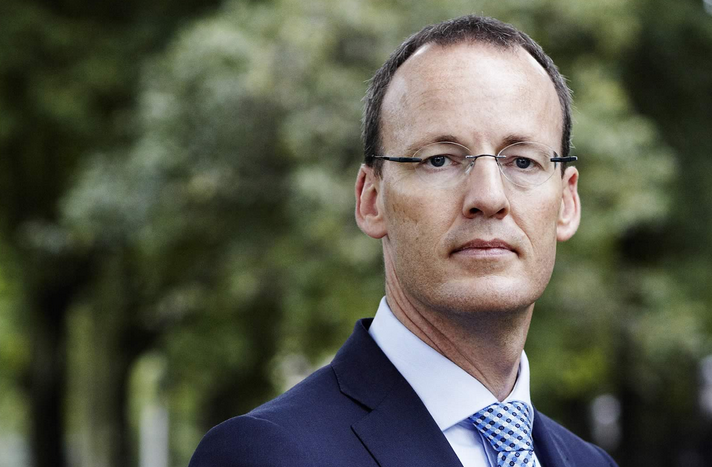Expats pay a lot of tax and provide added value, says DNB chief

Dutch central bank president Klaas Knot has told the four parties in talks on forming a new government they should phase out economic activities that lead to goods being produced at below the real cost price.
Interviewed on current affairs television programme Buitenhof, Knot said that the Netherlands should remain an attractive place to do business for companies that have the most added economic value.
Knot’s comments come in the wake of a warning by ASML’s departing chief executive Peter Wennink, who said last week he was concerned about proposals to limit the number of highly-skilled people coming to the Netherlands to work.
The consequences of such a move would be great, Wennink said, adding “We need people to innovate and if we cannot get them here, then we will go to a place where we can grow.”
Knot said that companies such as ASML cannot depend purely on Dutch workers because the country does not produce enough skilled people. “ASML attracts high-value knowledge workers and these workers pay a lot of tax, despite the slightly more beneficial tax system they operate in,” Knot said. “But they still make a major contribution to the tax office.”
Asked about the decision by parliament to slash the provisions of the 30% ruling, that allows a small group of foreign workers to reduce their tax bill, Knot said: “The expats bring very great added value to the Dutch economy which needs increased productivity.
“But it is up to the government to make sure the Netherlands remains an attractive place for this sort of economic activity, which makes a major contribution to our growth and our prosperity.
At the same time, Knot said, there should be an end to economic activities where people effectively work for less than the minimum wage such as the meat processing industry and distribution centres or which are heavily dependent on fossil fuel subsidies.
“They are not without any benefits but the social benefits do not outweigh the cost,” Knot told the programme. “I would go for companies which add value to the economy because they can deliver tax income which allows us to maintain the level of our social provisions.”
Knot is not the first high-profile official to call for a rethink on the proliferation of low-paid jobs in the Netherlands. MPs from across the political spectrum have called for measures to reduce the influx of EU workers and a rethink on growth industries that require cheap foreign labour to function.
The government’s migration advisory council said earlier this month the government needs to make real choices about moderating immigration to keep the population manageable. And social affairs minister Karien van Gennip said in a reaction that it is important to establish what economic activities contribute to the Dutch economy.
“The Netherlands must not become a low wage country. The benefits of cheap labour currently go to the employer while society picks up the cost. That needs to be done more fairly and the government should have a leading role in this.”
Inspectors
At the end of 2022, her ministry’s chief inspector called for a rethink on Dutch economic strategy, telling the NRC in an interview that employers can increase their profits using cheap labour, but the social cost – the pressure on scarce space, housing and schools – is being picked up by society.
Without limits or targets, for population growth, employers will continue to bring in workers to do certain jobs because successful economies like the Netherlands and Germany are ‘magnets for migrant labour’, Rits de Boer told the paper.
Thank you for donating to DutchNews.nl.
We could not provide the Dutch News service, and keep it free of charge, without the generous support of our readers. Your donations allow us to report on issues you tell us matter, and provide you with a summary of the most important Dutch news each day.
Make a donation